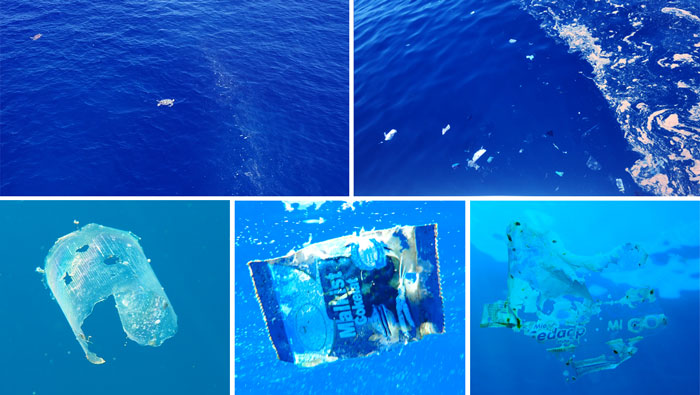The need for better recycling systems has been highlighted following the discovery of a strong connection between Australia and Indonesia’s ocean plastic problems by researchers at The University of Western Australia, Australian Institute of Marine Science and The Ocean Cleanup Foundation.
The findings, published in international journal Frontiers, reveal Indonesia is the main source of overseas ocean plastic waste washing up on Australia’s shores while also being a major destination for Australian plastic waste exports.
Senior author Dr Julia Reisser, from UWA’s Oceans Institute, said predictive modelling estimated more than 70 per cent of overseas ocean plastics reaching Australia originated from Indonesia.
“In 2018 Australia exported more than 127,000 tonnes of plastic waste to lower-income nations including Malaysia (35 per cent), Indonesia (22 per cent) and Thailand (18 per cent),” Dr Reisser said.
“The international plastic recycling trade is commonly associated with export of contaminated waste, and illegal practices for processing imported materials including labour exploitation, plastic burning and illegal dumping into rivers and oceans.”
“In addition to impacting oceans, plastics also contribute to our ongoing climate crisis as well as human exposure to synthetic particles and additives linked to cancer, obesity, diabetes and endocrine system disorders.”
Following a review of existing national and global initiatives that deal with plastic issues, the study concluded additional global action to rectify plastic pollution is urgently required.
“We need more worldwide action both downstream, by improving waste management systems, and upstream, by decreasing production of fossil fuel-based plastics,” Dr Reisser said.
“I’d like to see a new global ‘plastics convention’ focused on ridding our water, food, air, land and oceans of plastic.”
The study also recommended stronger bilateral approaches between Australia and Indonesia for reducing plastic pollution in Australian waters and surrounding seas.
“Investing in better waste collection, segregation and recycling systems in both Australia and Indonesia would not only benefit our own national interests but also induce a knock-on effect by encouraging other high-income countries to show greater global responsibility,” Dr Reisser said.
“I think there is a big opportunity here for Australia and Indonesia to lead by example when it comes to co-creating a bilateral recycling system with significant social and economic returns to both nations.”
